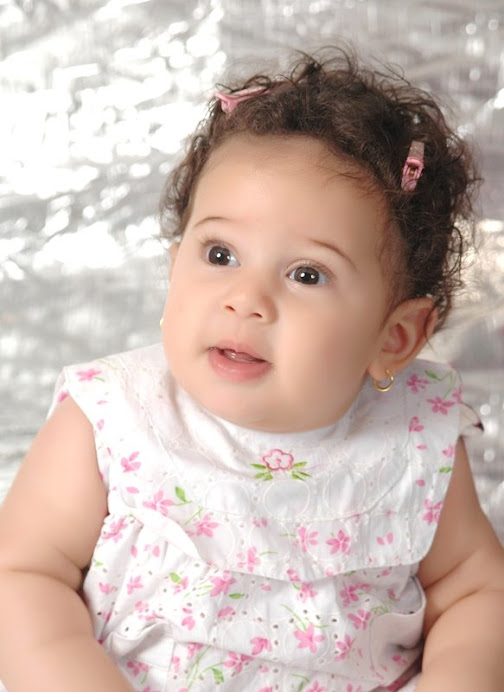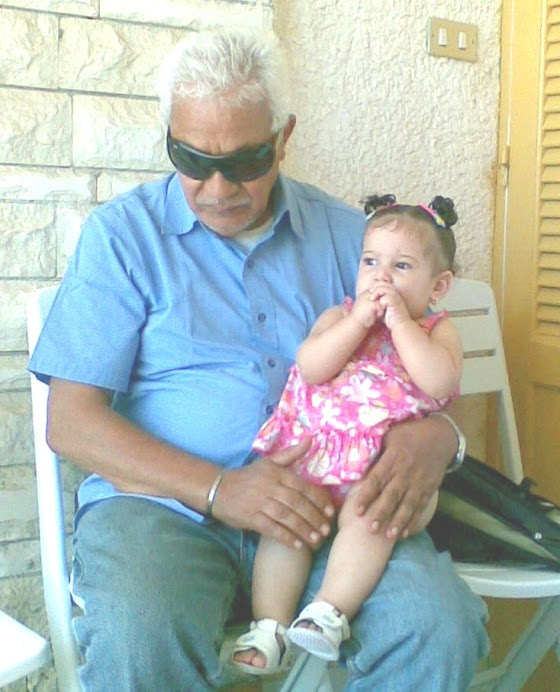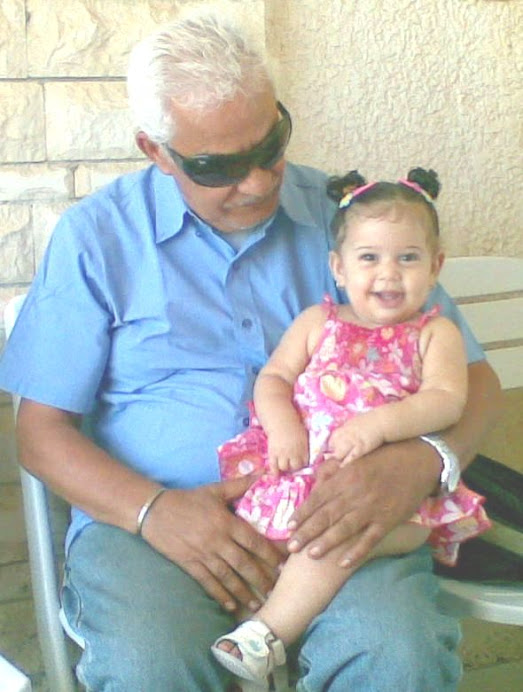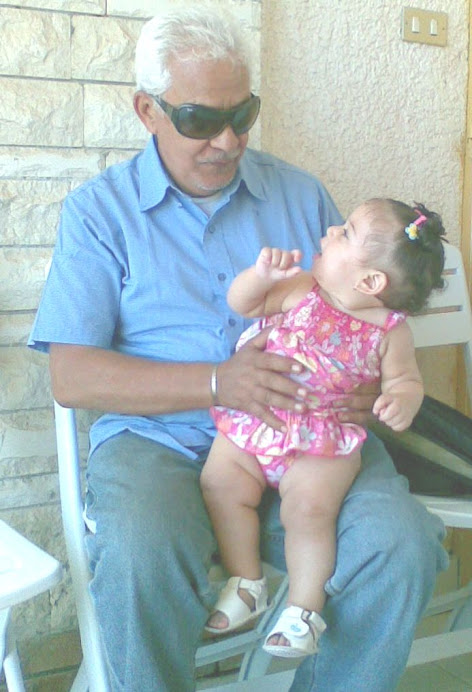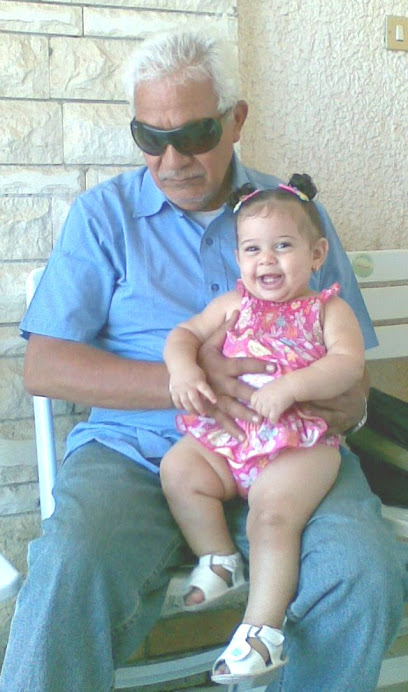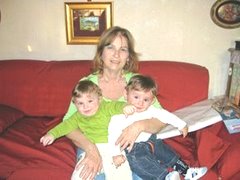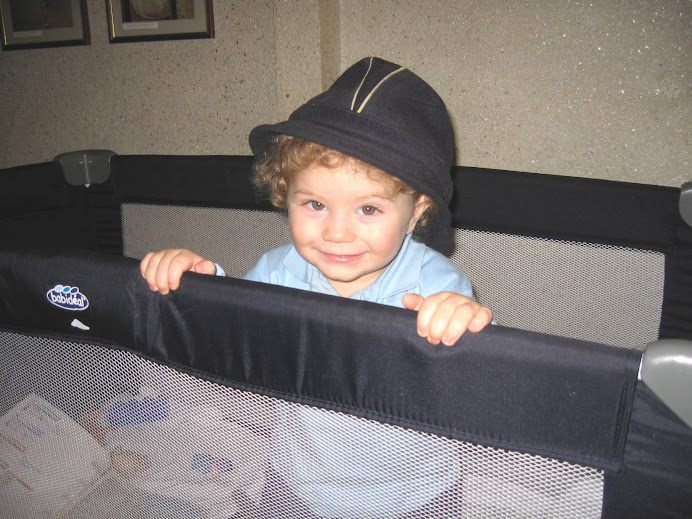Compiled by Cookie Nassef
The spirit of the Holy Prophet Muhammad Ibn Abdullah (PBUH)
God’s greatest Prophet Muhammad (PBUH) is known for his good manners, purified character and conduct.The Holy Prophet (PUBH) used to invoke and pray to the Almighty Allah to grant him good manners and good treatment with the people and to adorn him with good character and conduct.
The spirit of the Holy Prophet Muhammad Ibn Abdullah (PBUH)
God’s greatest Prophet Muhammad (PBUH) is known for his good manners, purified character and conduct.The Holy Prophet (PUBH) used to invoke and pray to the Almighty Allah to grant him good manners and good treatment with the people and to adorn him with good character and conduct.
He used to say in his invocation: "O Allah, make my constitution and conduct good.” He used to pray: “O Allah, save me from bad character and conduct”. Saad (May Allah be pleased with him) reported: “Once I went to Aisha (May Allah be pleased with her) and her father and asked them about the character and conduct of the Holy Prophet (PBUH) to which Aisha (May Allah be pleased with her) replied: Don't you read the Qur’an? I said: Yes, and she said: The character of the Messenger of Allah is the Qur’an”.
His Life:
His Life:
Muhammad (ca. 570–632 CE - Arabic محمد) also translated Mohammad, Mohammed, Muhammed, Mohamed, and sometimes Mahomet (Latin Mahometus), following the Latin or Turkish, or Mahomad in Spanish, is God's final prophet sent to guide all of mankind with the message of Islam. (Wikipedia) Prophet Muhammad (PBUH) was born ca. 570 in Mecca (Makkah) and passed away June 8, 632 in Medina (Madinah). Both Mecca and Medina are cities in the Hejaz region of present day Saudi Arabia.
The name Muhammad means "the praised one" in Arabic.He was a merchant who travelled widely. And in 610, at about the age of forty, while praying in a cave called Hira near Mecca, he was visited by the Angel Gabriel. Later, he described the experience (to those close to him) and informed them that the angel had commanded him to memorize and recite the verses sent by God which were later collected as part of the Qur'an. Gabriel told him that God (Allah in Arabic) had chosen him as the last of the prophets to mankind. He eventually expanded his mission as a prophet, publicly preaching a strict monotheism and warning against a Day of Judgement where all humans shall be held responsible for their deeds.
He greatly respected Judaism and Christianity, two other monotheistic faiths known to the Arabs.The holy Prophet (PBUH) is sent by God in order to complete and perfect those religions’ teachings. Many in Mecca resented his preaching, at least in part due to his followers' tendency to hold his authority above that of their leaders. Eventually, persecution followed and in 622, he was forced to leave Mecca (the Hijra) and settled in Yathrib (now known as Medina) with his followers, where he was the leader of the first avowedly Muslim community. Under Prophet Muhammad's immediate successors, the Islamic empire expanded into Palestine, Syria, Mesopotamia, Persia, Egypt, North Africa, and Iberia. Later conquests, commercial contact between Muslims and non-Muslims, and missionary activity helped the peaceful spread of Islam over much of the globe.
Before his death in 632, the holy Prophet had established Islam as a social and political force and had unified most of Arabia. A few decades after his death, his successors had united all of Arabia, and conquered Iran, Iraq, Egypt, Palestine, Syria, Armenia, and much of North Africa. By 750, Islam had emerged as the spiritual counterpart to the two great monotheistic belief systems, Judaism and Christianity. Under the Ghaznavids, in the tenth century, Islam was spread to the mainly Hindu principalities east of the Indus by conquering armies in what is now northern India. Even later, Islam expanded into much of Africa and Southeast Asia. Islam is now the faith of well over a billion people all over the globe, and is the second largest religion of the present day.
His Traits:
The Holy Prophet (PBUH) was the most patient among men, the best judge, and one who pardoned most. His hands never touched any strange woman. He was the greatest charitable man. Whenever any excess money came to him and if he did not then get anyone to accept it as charity, he did not return home till he gave it to the poor and the needy. He did not store up for more than a year the provision of his family members which Allah was pleased to give him. He used to take one fifth of what easily came to him out of dates and wheat.
What remained in excess, he used to give in charity. He used to give away in charity to one who begged anything of him, even out of his stored-up provision. He used to repair his shoes, join his wives in their labours and cut meat with them. He was the most shy among men and could not stare at anyone for long. He accepted invitation of slaves and free men and presentation of even a cup of milk. He always refused to use the properties of Zakat.
He used to speak the truth even though it was sometimes a cause of trouble to himself and his companions. He used to bind stones in his belt to appease his hunger and eat whatever he gets. He never returned any present. He considered milk as sufficient if he did not get any other food. He used not to take food leaning against a pillow or upon a high table. He used to accept invitations to attend wedding festivals and he used to attend the sick and the diseased and attend the funerals. He was the most modest of men, without pride and his tongue and was never garrulous, but was the most eloquent, without prolongation of his speech.His constitution was the most beautiful. No worldly duties could keep him busy.
He used to put on whatever he got. His ring was made of silver and he used to put it on in the little finger of his right or left hand. He used to take his servant behind his back on any conveyance, whether it was horse or a camel. Sometimes he walked bare footed; sometimes he had no turban or cap on his head. He used to go even to a distant place to visit the sick. He loved good scents, fragrance and hated stench or bad odours. He sat with the poor and the destitute, ate with them, honoured those possessing honour, and advised them to do good deeds and show kindness to their relatives. He was never harsh with anybody and accepted excuses offered to him. He used at times to tell jokes without falsehood and not burst into loud laughter.
:)
:)



























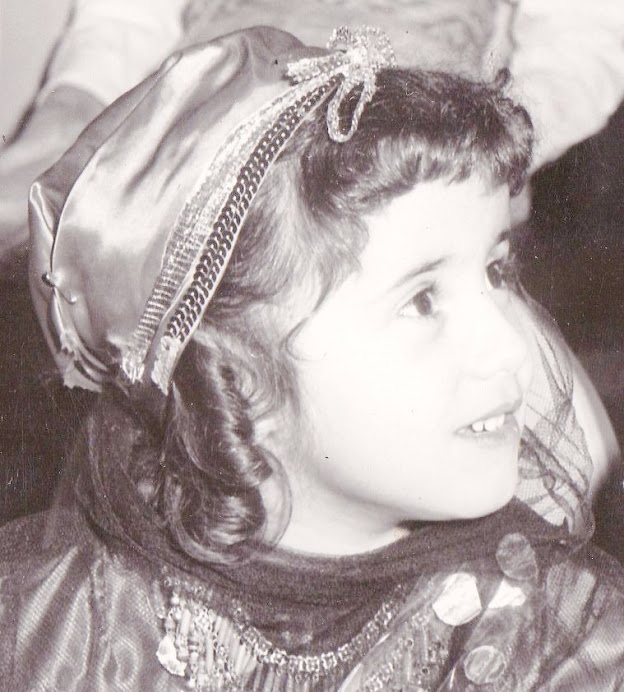
+and+I+(4)+in+Washington+D.C.,+USA.jpg)


























